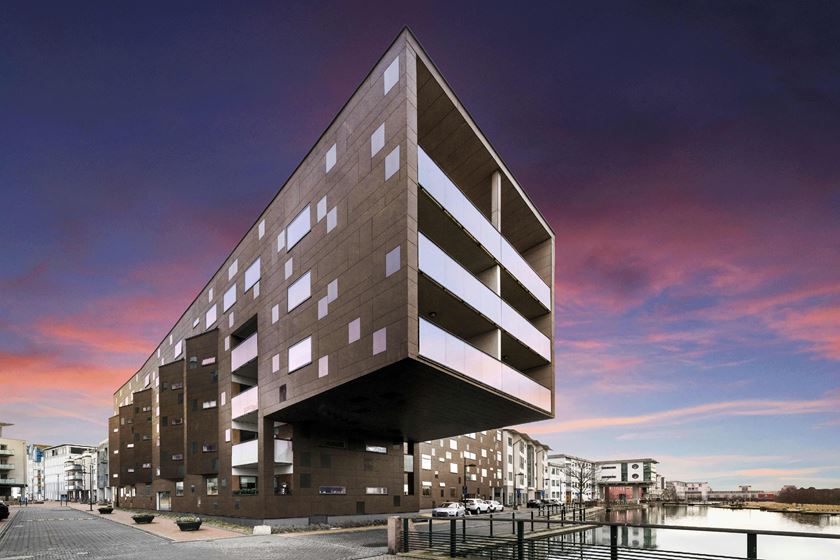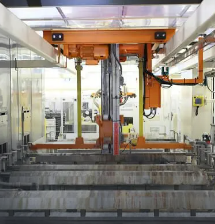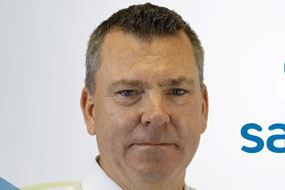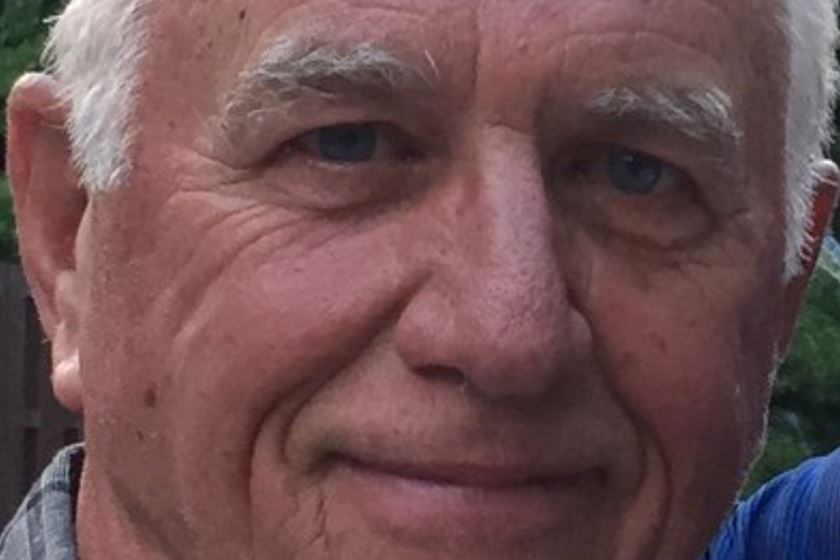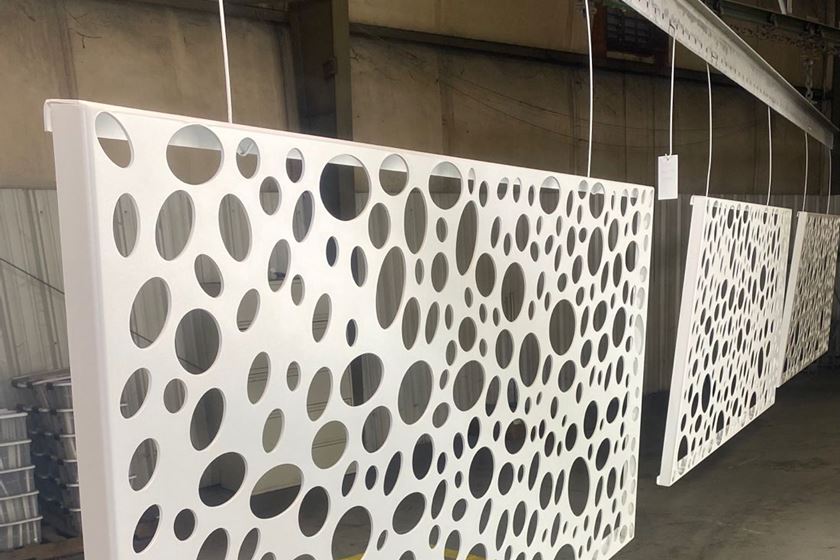Episode 2: Diversity in the Finishing Industry
Products Finishing’s On the Line podcast for coaters and finishers discusses the topic of diversity in the finishing industry with interviews with Lab Midwest president and PF columnist Matthew Kirchner and Bales Metal Surface Solutions president Stacey Bales.
#workforcedevelopment

In this episode of On the Line, Products Finishing’s podcast for coaters and finishers, we’re addressing the topic of diversity in the finishing industries. We’ll hear from Matthew Kirchner, president of Lab Midwest a distributor of e-learning and hands-on training equipment dedicated to furthering industrial education programs and workforce training. Kirchner talks about how the manufacturing industries can play a big role in contributing to the fight against racial inequality.
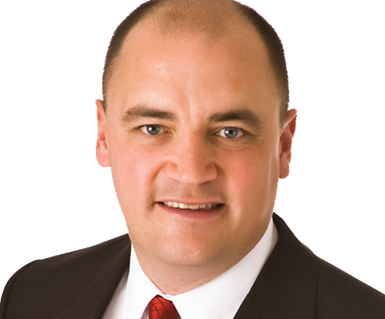
Kirchner
You can read more of Kirchner’s thoughts on the topic in his thoughtful column for Products Finishing magazine, “Manufacturing, Management and Racial Inequality: How can finishers take action about (not just discuss) racial inequality?” Read the article here.
Featured Content
We also speak with Stacey Bales president of Bales Metal Surface Solutions about her experiences as a woman in leadership in the finishing industry. Bales touches on perceptions of women in manufacturing, role models and taking the reins of a company.
An excerpt from PF’s interview with Stacey Bales
Can you talk a little bit about your experience as a woman in finishing — and I hear this a lot from other women who have kind of grown up in the industry and that they didn't think twice about you know, entering what what might be seen as a male-dominated field. Was that your experience?
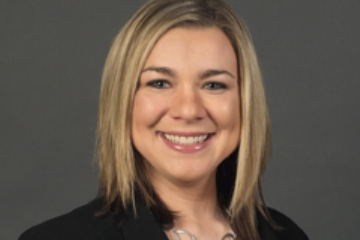
Bales
You know, growing up here at the shop you know, it's everybody here kind of takes you under their wing I guess I just growing up in a blue-collar family and you know, seeing the hard-working men and you know, growing up kind of a tomboy myself and I guess I just didn't really see those defined gender roles or feel like, I guess I didn't feel growing up that like a man should do this and a woman should do this. Or, you know, I'm a woman, so this is a weird for me to do.
There was definitely some differences, I guess, when you first started going to some of the association events or meetings or things like that, you definitely would notice that you're one a few women in the room. But it was, it was almost to our advantage, because I feel like, you know, when there's a room of 50 people, and only three of them are women, the women just tend to stand out. So more people tend to remember your name, more people tend to, you know, gravitate towards you to some sense, but I have to give it up for the men in this industry, because, you know, I feel like they're not really trying to keep the women out.
But the women that do, you know, managed to come into our industry and stick around for a little while, I think the men tend to really take them under their wing, like I said, and help them grow and help them understand. And I think that men are a little more lenient and patient with women than their counterparts, for whatever reason. But I think, in my point of view, and it wasn't, in my experience, it's kind of been an advantage for me to be a woman in the industry.
Growing up, did you picture yourself in leadership? Did you imagine that you could be president of the company? Who were your role models?
Yeah. So growing up, I guess you always kind of think you could be President of the United States of America, and then I'll shoot for the moon. We had, you know, we, my dad kind of thrown it out here, there and there. And it was more in a joking manner. I guess I cut, you know, thought about it, briefly. But it wasn't really in the near future, we didn't perceive it to be in the near future. So it wasn't something we had wrap their brains around, I think I was 27, when our dad passed away, and we took on the business.
It's funny to think about it now. Because, you know, my daughter is 21 now, and I think about who she is. And then when you really put it in perspective, like, okay, Could she run a company in five years? You know, I don't know, maybe, you know, but it's definitely, it's definitely a reality check.
And I am grateful every day for the opportunities that I've had, and for the position I'm in now, and it is not lost upon me how fortunate we have been to not only, you know, make it through and survive that experience, but to succeed and, and still be successful. is just, it's humbling every day, just what we've accomplished.
And yeah, so no, I didn't really see myself or I hadn't really even thought about being in a leadership role or taking on that much, much responsibility back then. And I think it was still kind of a shock the first year or two. And it took a little bit of time.
But you know, ultimately, you asked the question of who was our mentors, and prior to being the leader here, you know, it was definitely our dad, he was just so patient and encouraging and open book about everything, there was just no stupid question it and he was so thorough in his explanation of why you do this, that just do it. You know, it was give you the meat behind it so you can understand so that maybe next time you can make the decision on your own. And just the way you know, he said the example of how to treat people around you and how to encourage them and help support them. He was just a huge mentor.
RELATED CONTENT
-
Truly Investing in Training
John Cole of powder coating equipment supplier Parker Ionics discusses how to get a worthwhile return on your investment in employee training.
-
How a Generation Lost So Many Employability Skills
Before the next generation of advanced manufacturing talent comes of age, perhaps parents need to ask themselves whether overparenting is part of the employability skills problem.
-
Reinvigorating the Workforce
Do education and outreach hold the key to solving manufacturing’s workforce problem?















